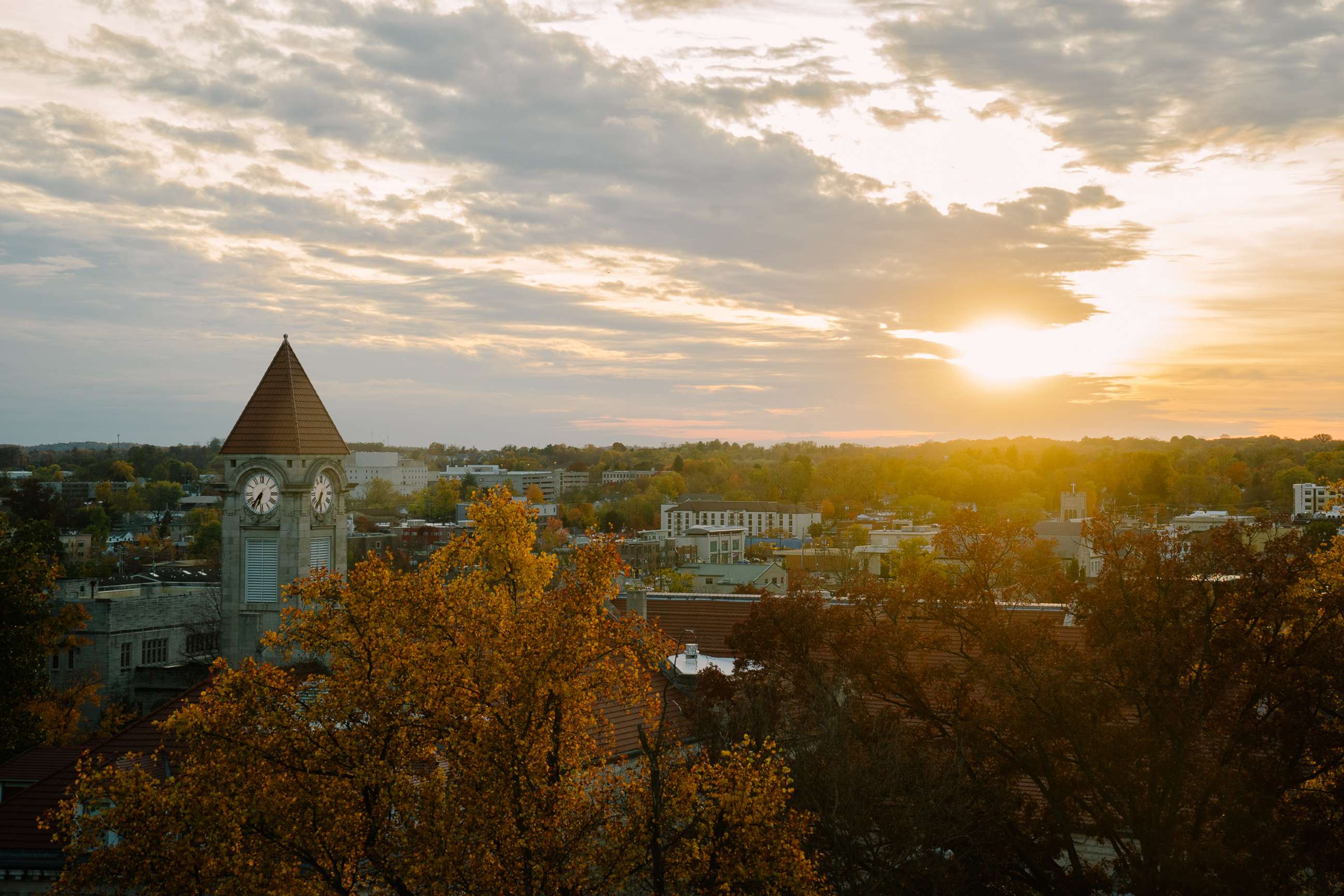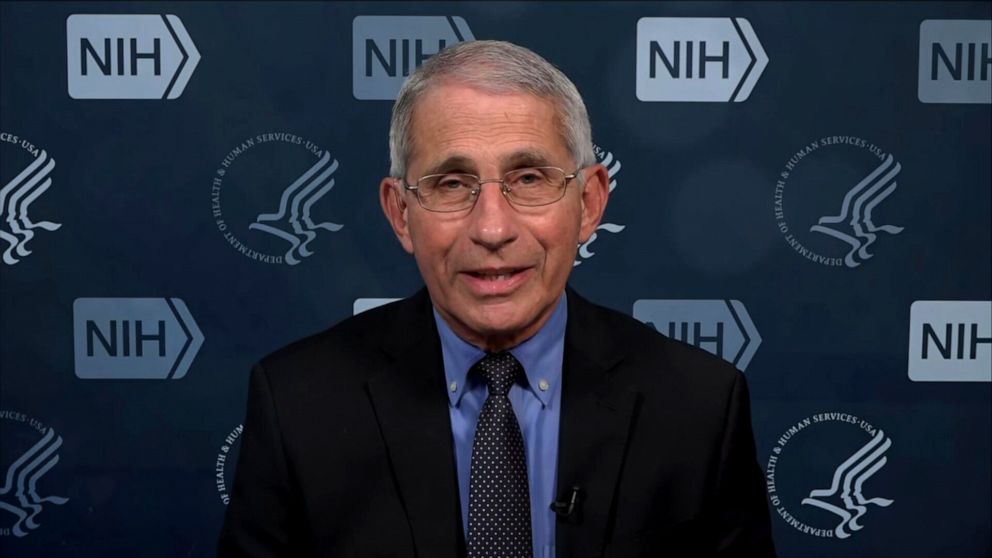Indiana University advises Greek house residents to look elsewhere for housing
Due to an "alarming increase" in positivity rates among students in fraternity and sorority housing, Indiana University has recommended that students living in Greek houses find alternate arrangements.
Testing positivity rates in some houses at its flagship campus in Bloomington are over 50%, the university said due to positive COVID-19 cases.

"Because they are in such close quarters, physical distancing is really not possible," university spokesperson Chuck Carney said in a statement.
Since the houses are not owned by the university, it's up to the fraternities and sororities on how to proceed, he said, adding that school officials have stressed the living spaces are unsafe "given the pandemic conditions and current spread of COVID-19."
Several school public health experts have advised temporarily closing Greek houses "to prevent worsening rates in both the Greek and non-Greek population."
As of Monday, testing results in residence hall spaces were about 1.5% positive, compared to more than 8% for Greek houses, the university said. Nearly 2,600 students -- about 6% of the campus population -- live in Greek houses.





